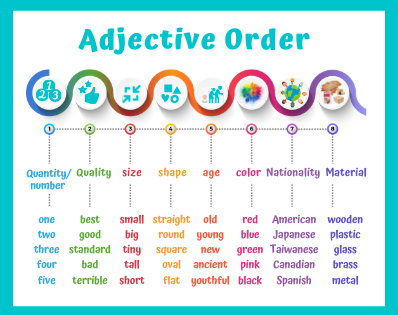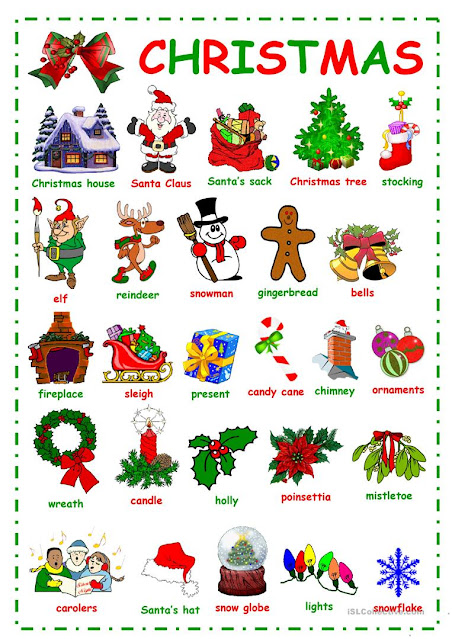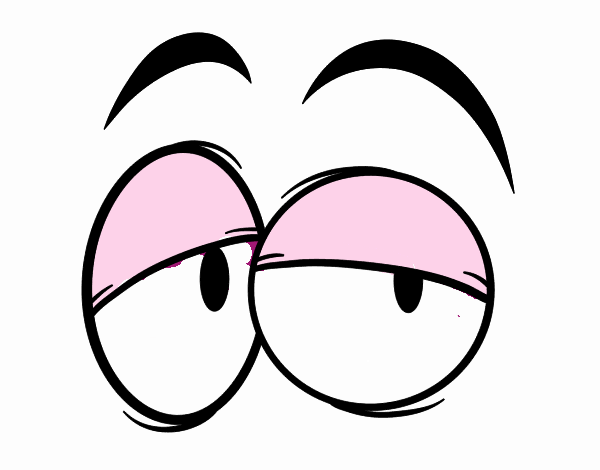DIFFERENT WAYS TO SAY "HOW ARE YOU?"

Use any of these expressions instead of the common "HOW ARE YOU?" when you greet someone. You will show a better command of the language and will sound more "english". WHAT'S UP? HOW DO YOU DO? HOW IS IT GOING? HOW ARE THINGS? HOW IS LIFE? WHAT'S NEW? HOW IS EVERYTHING? WHAT'S GOING ON? HOW HAVE YOU BEEN? HOW ARE YOU DOING? WHAT'S HAPPENING?



